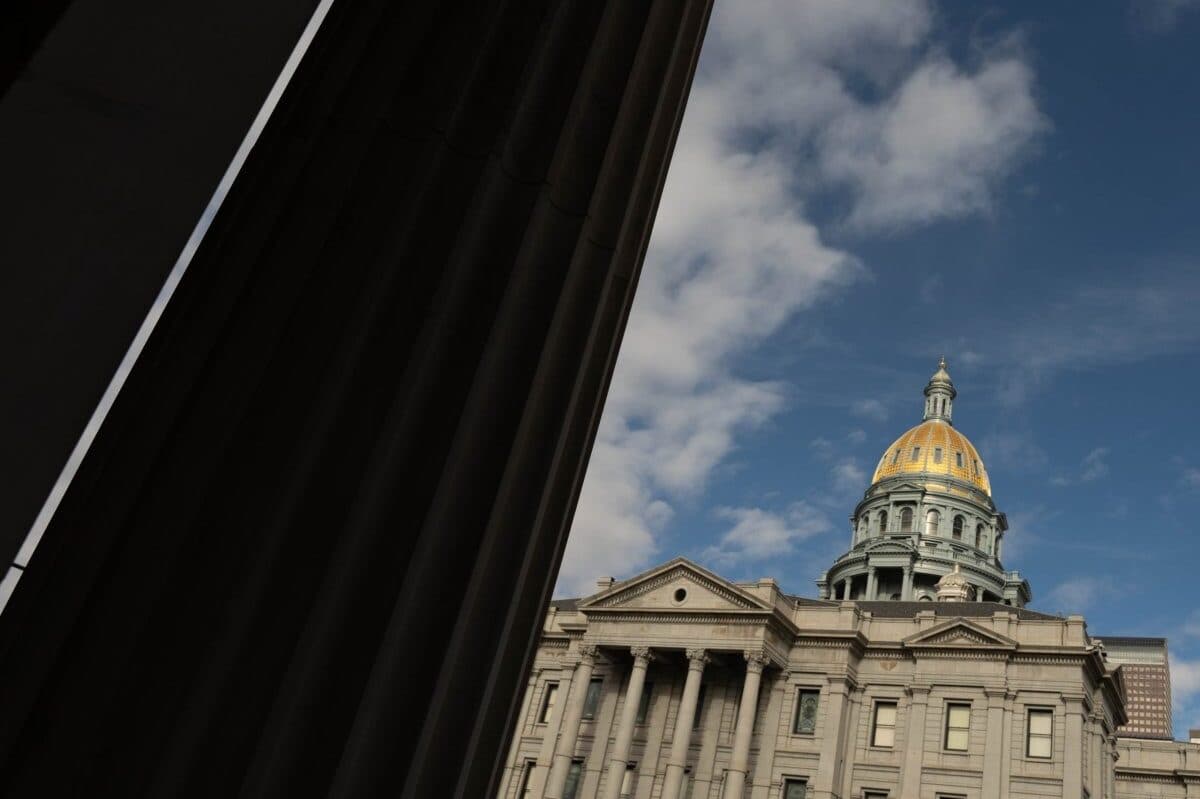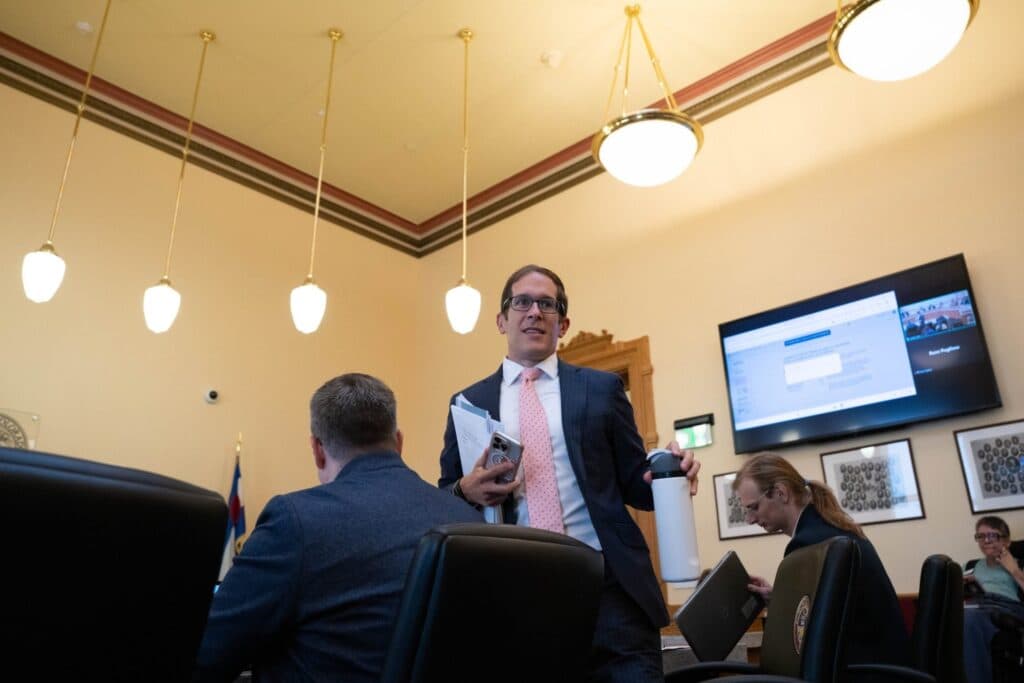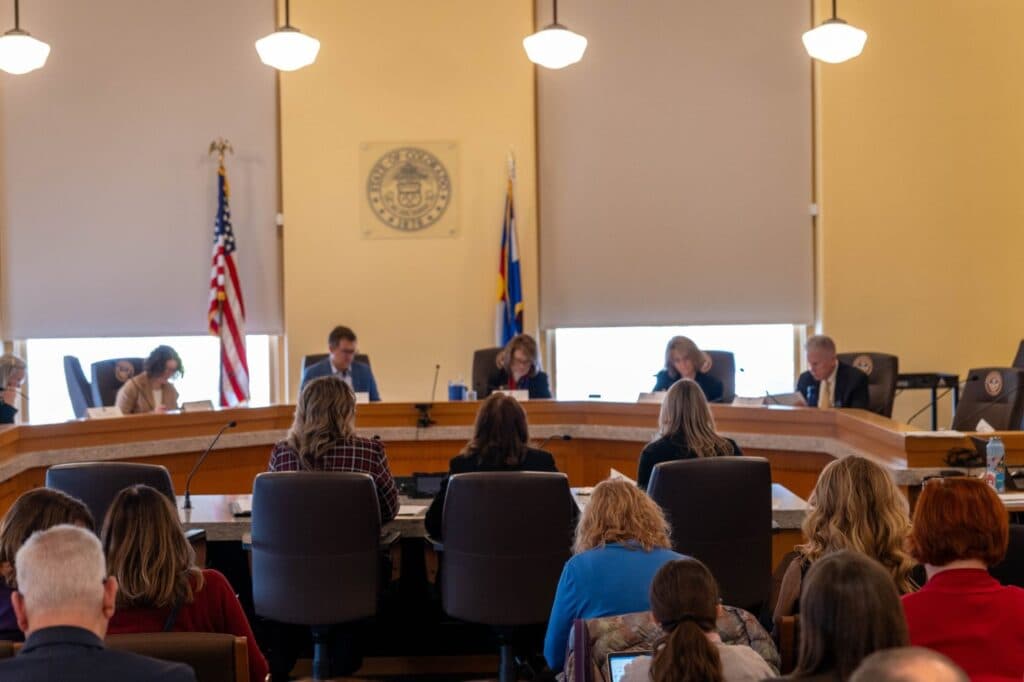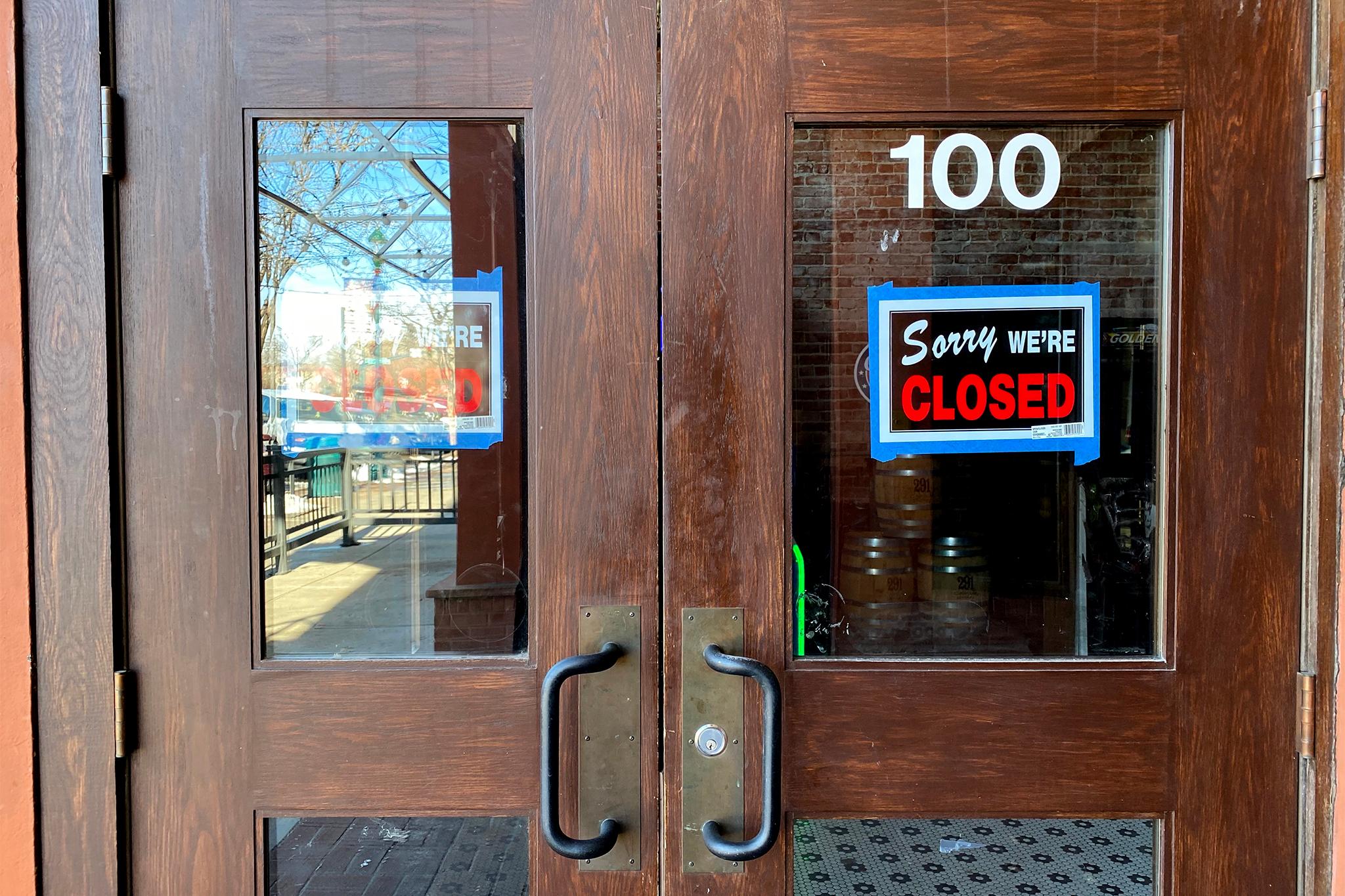
This story was produced as part of the Colorado Capitol News Alliance. It first appeared at coloradosun.com.
It’s one state budget crisis after another.
That’s the takeaway from quarterly economic and tax revenue forecasts presented Monday to the Colorado legislature by nonpartisan Capitol staff and the governor’s office.
The General Assembly just wrapped up a special session to plug a roughly $750 million hole in the state’s current budget caused by tax code changes made through congressional Republicans’ tax and spending bill, which was passed and signed into law in July. But more trouble is on the horizon in the form of what’s referred to as Colorado’s structural deficit.
The deficit is caused by the increasing costs of government programs and services, namely Medicaid and education, running into Colorado’s annual cap on government growth and spending set by the Taxpayer Bill of Rights. (The cap is calculated based on Colorado’s growth each year in population and inflation.)
In the next fiscal year, which starts July 1, 2026, the structural deficit is forecast to be nearly $850 million, according to nonpartisan Legislative Council Staff.
In layman’s terms: Providing the same level of government programs and services next fiscal year is predicted to cost $850 million more than the legislature will have available to spend.
The governor’s office didn’t provide the legislature’s Joint Budget Committee with a structural deficit estimate on Monday. But it agrees that there will be one — and that it will be sizable, mostly because of increases in Medicaid spending.
Mark Ferrandino, who leads the Governor’s Office of State Planning and Budgeting, told the JBC that all of the growth in the budget allowed next year by TABOR is expected to be taken up by Medicaid alone. He said Medicaid spending has grown about 9% over the past decade, while growth in the state budget allowed by TABOR has been about half that.
“The growth here is significant and is driving a significant portion of the structural deficit,” he said of Medicaid spending. “That is just not something that’s sustainable. There’s got to be conversations of how we change that.”

While $850 million is an improvement over the $1.2 billion deficit the state had to contend with in the current fiscal year, it’s still a massive problem — especially since lawmakers have exhausted many of their budget maneuvers to avoid cutting spending.
The cause of the deficit is a source of debate among Democrats and Republicans. The Democratic majority at the Capitol argues the TABOR cap is the problem. The GOP says it’s a matter of Democrats not managing the state’s finances properly.
But no matter whose fault the deficit is, the legislature still has to find a way to close it, which likely means paring back programs and services — Medicaid chief among them. And even if there wasn’t a TABOR cap, the legislature still wouldn’t have enough money to cover the state’s expenses chiefly because of how Congressional Republicans’ One Big Beautiful Bill Act reduced state tax collections.
The cap is expected to be exceeded next fiscal year by as little as $364 million, according to the governor’s office, and by as much as $706 million, according to Legislative Council Staff. The discrepancy likely has to do with assumptions about tax credits for families turning on and off based on economic conditions.
“More tough budget decisions are most certainly ahead,” state Sen. Jeff Bridges, a Greenwood Village Democrat and chair of the JBC, said in a written statement.
The money in excess of the cap must be refunded to taxpayers.

Both Legislative Council Staff and the Governor’s Office of State Planning and Budgeting warned lawmakers that the risk of an economic downturn remains elevated.
“There’s a lot moving in the economy right now,” said Louis Pino, principal economist with Legislative Council Staff. “It’s creating uncertainty for businesses. It’s creating uncertainty for consumers.”
The governor’s office said the Trump administration’s tariff and immigration policies are the biggest threats.
“The president’s reckless tariff taxes are increasing costs on consumers, sabotaging our economy, tightening the job market and driving up inflation,” Gov. Jared Polis said in a written statement.
The two Republicans on the JBC pushed back on where Democrats placed the blame.
If there’s an economic downturn, the state’s tax revenue collections would fall, exacerbating the legislature’s budget problems.
The legislature will get its next quarterly economic and tax revenue forecasts in December.

Colorado Capitol Alliance
This story was produced by the Capitol News Alliance, a collaboration between KUNC News, Colorado Public Radio, Rocky Mountain PBS, and The Colorado Sun, and shared with Rocky Mountain Community Radio and other news organizations across the state. Funding for the Alliance is provided in part by the Corporation for Public Broadcasting.









